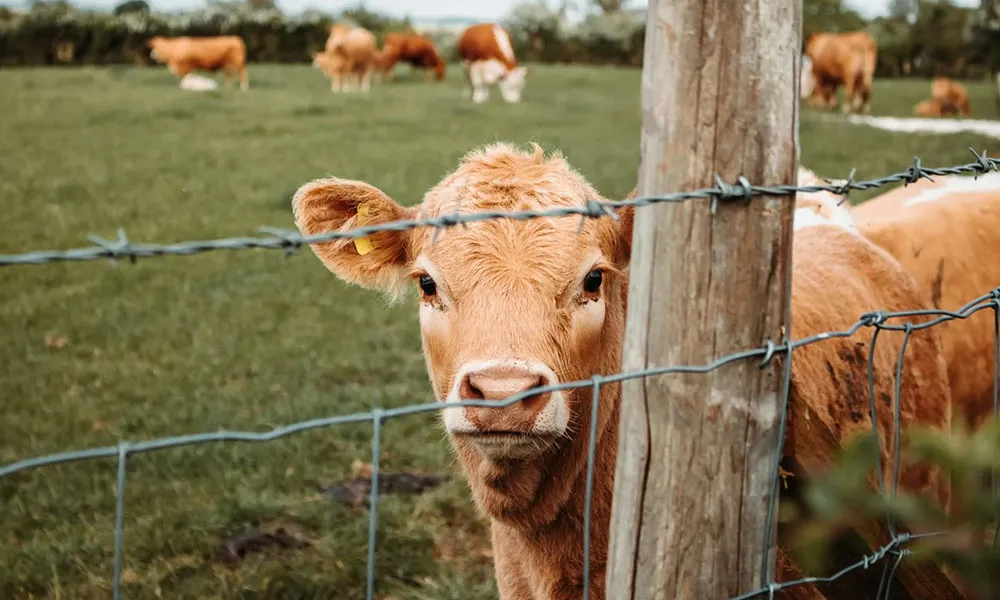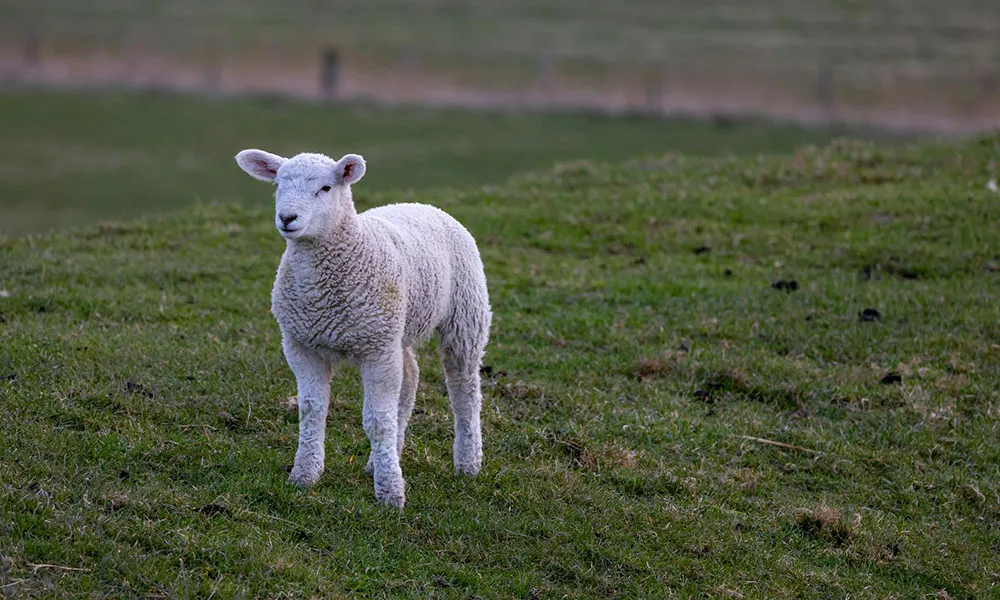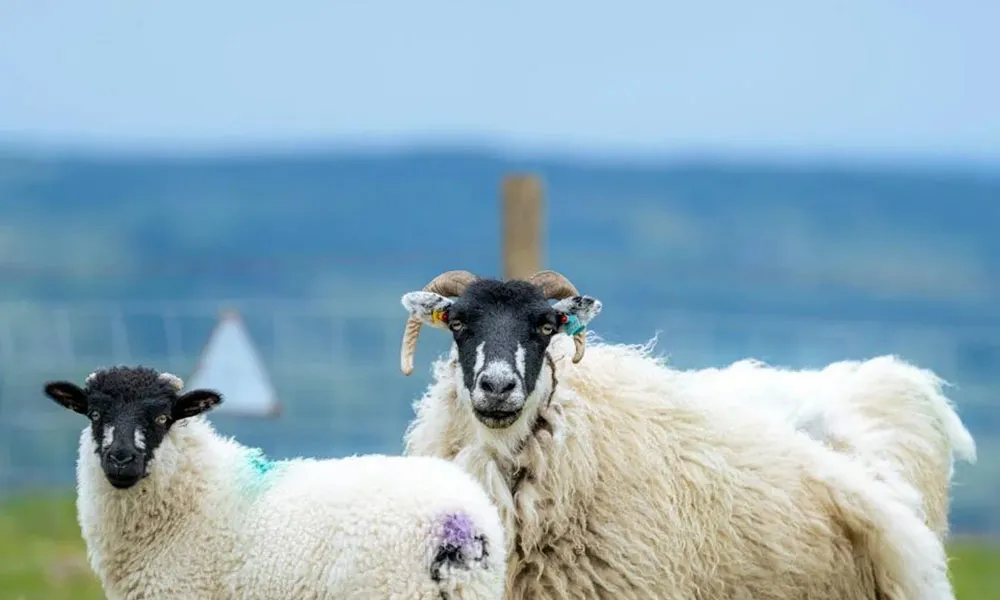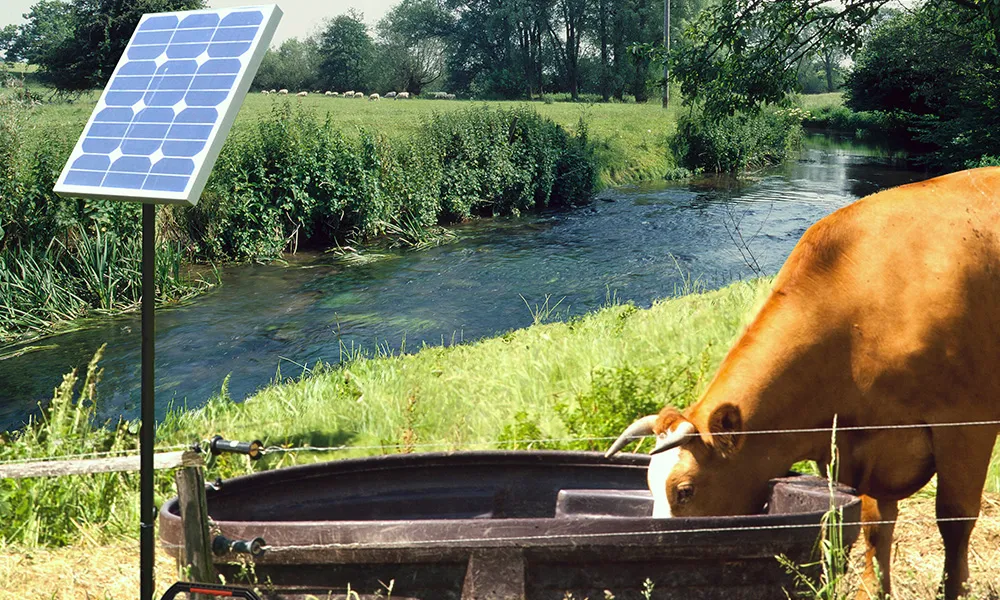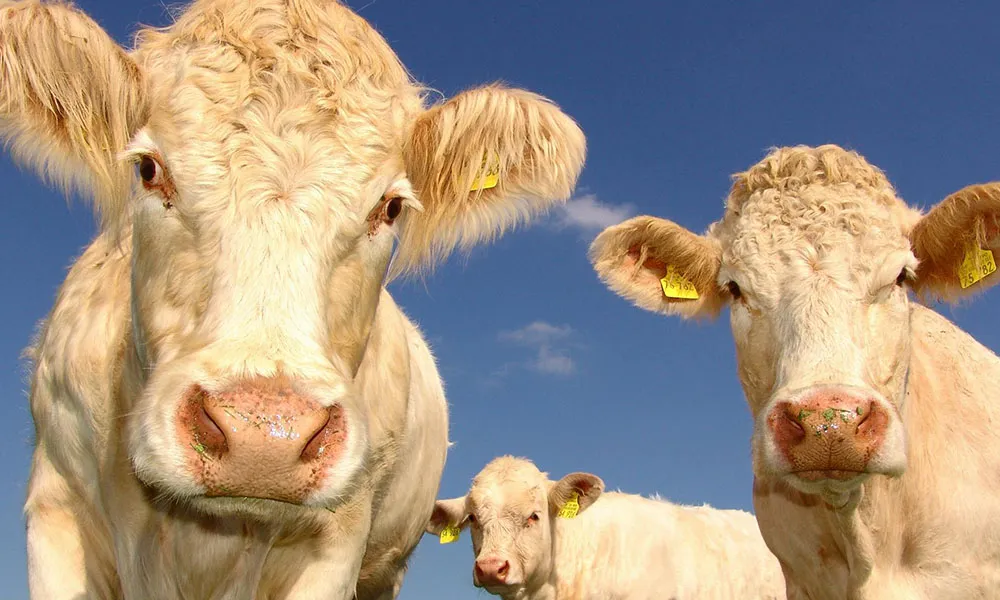
Winter Housing Plan
Autumn is well underway at this stage. As temperatures start to dip, our thoughts turn inevitably to preparation for winter housing. Putting together a good housing plan takes time, and that’s why it is best to start preparing it long before the last paddocks are grazed bare. Farmers can agree to disagree on the finer details of a housing plan, but some things are essential.
Getting your animal grouping selection right, for example, is a major point of concern. You don’t want to pair bigger and smaller animals together or the smaller ones will struggle to get their share at the feeding passage. We also need to remember that the dietary change from grass to hay or silage can be a severe shock to the system, particularly for younger animals. Therefore, choosing dietary supplements will always be an essential part of any good housing plan.
Lungworm: A Housing Menace
Arguably the gravest worry during this period is that animals will succumb to complications of lungworm. Cattle grazing on autumn grass will pick up fluke as well as stomach worm and lungworm. Housing conditions in the weeks after contracting these parasites make the lungworm a very particular problem. The lungworm attacks the respiratory system, weakening the animal's immune system and increasing the risk of pneumonia. Dusty housing facilities and the potential for dampness and unsanitary conditions will only compound this problem, increasing the danger of serious infection.
Don’t be caught out: dose now!
That’s why most animal health experts strongly recommend dosing against worms 4 to 5 weeks before housing. A pre-housing dose, delivered while animals are still on grass, will allow healing to take place in a healthy, outdoor environment. It is easy to appreciate why this is preferable to dosing when the animals are moving indoors in a few weeks’ time. Once the dose takes effect and kills the internal parasites, the healing process will begin. This process will be much faster if cattle are eating good-quality grass and have plenty of fresh air. Dosing now will mean that animals can go onto the slats in excellent physical health. More to the point, because many of the best doses will kill all worm parasites for up to 5 weeks, you won’t need to dose again when your cattle go onto the slats.
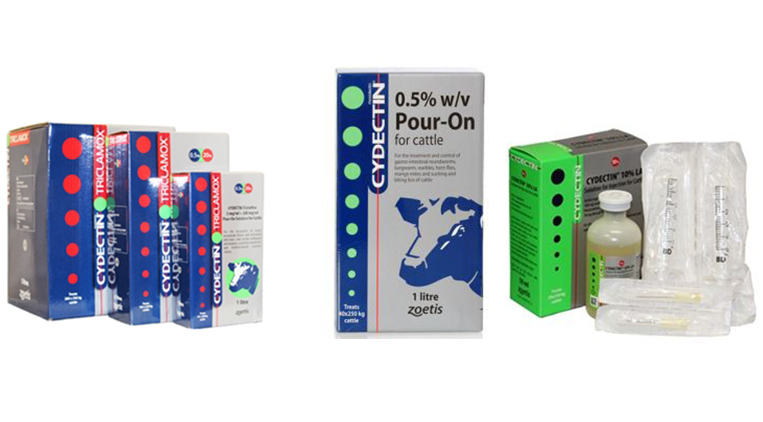
What dose should I use?
Any dose with a persistence of 5 weeks will be perfect. Personally we recommend the Cydectin range, which includes the Pour-On, the Injection and the Triclamox Pour-On. The Dectomax Injection and the Dectomax Pour-On are also excellent options. All of these boast up to 5 weeks of activity against lungworm and stomach worm, so a dose around now will leave stock in good shape until the middle of November.
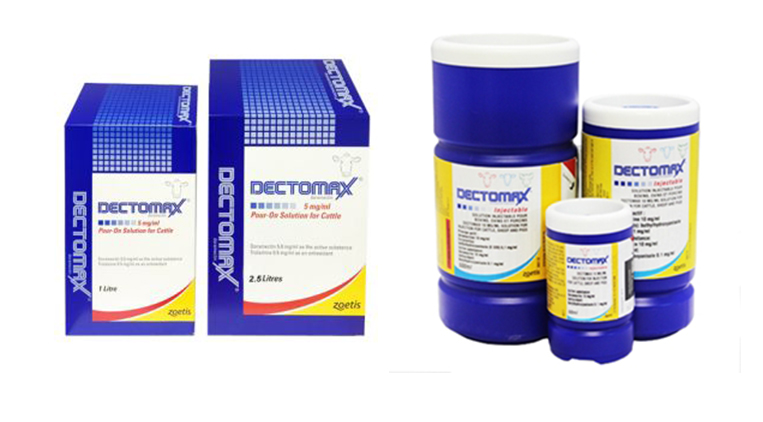
Summary: what are the key benefits of a pre-housing dose?
Dosing now will ensure that cattle are free of lungworm and stomach worm when they are housed. Even better, they will have recovered from the damage caused by the parasites, leaving them in good condition to resist any diseases that they might contract during the housing period.
In addition, a pre-housing dose will allow cattle to get the most out of their last few weeks on grass. In many parts of Ireland the growing season continued until very recently. A warm, wet September has left us with a lot of good grazing potential going into the final quarter of the year. If you want to capitalise on this, you can’t have stock carrying lungworm and stomach worm.
To conclude, then, there is no downside to delivering a dose now but the potential benefits are enormous.
Thanks for reading
So that’s a wrap from the animal medicines corner for another week. If you have any thoughts about winter housing plans, please share them with us in the comments section. Here at Agridirect.ie, we know that farmers have a wealth of useful knowledge and we want to help them share it with the wider farming community!




